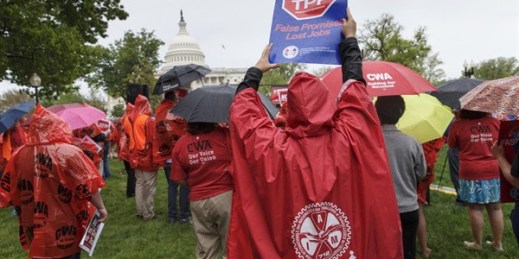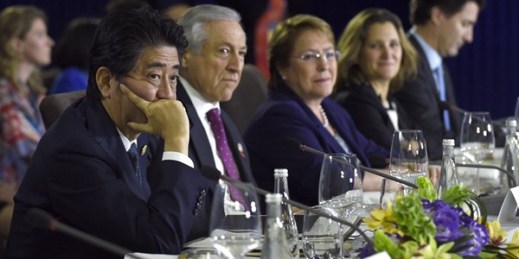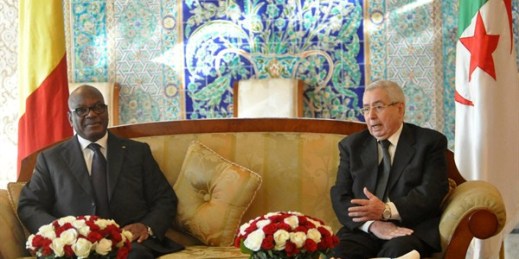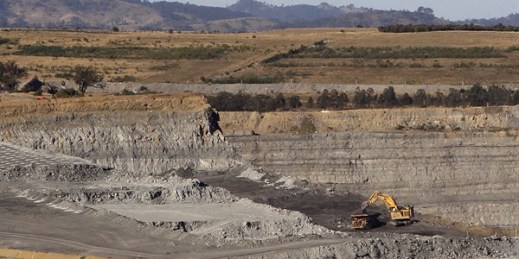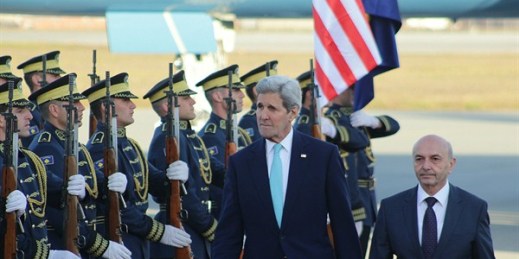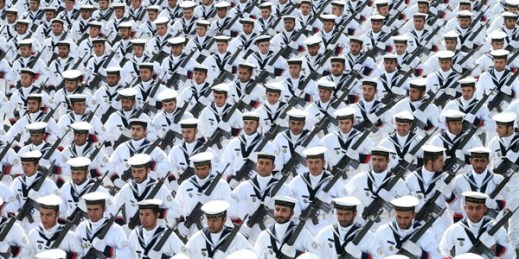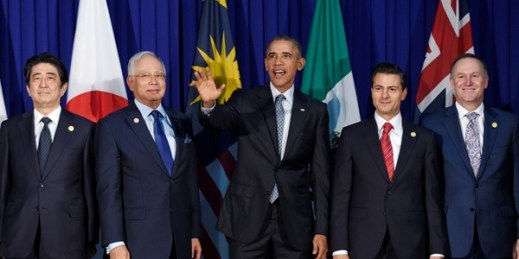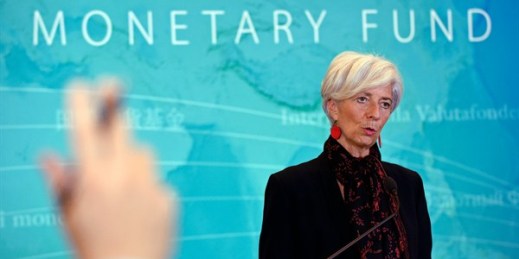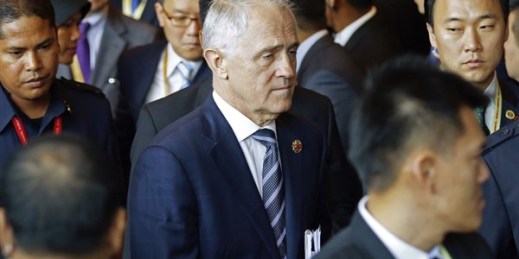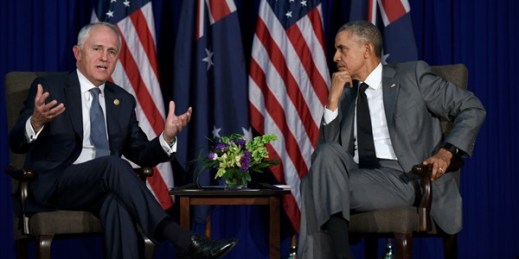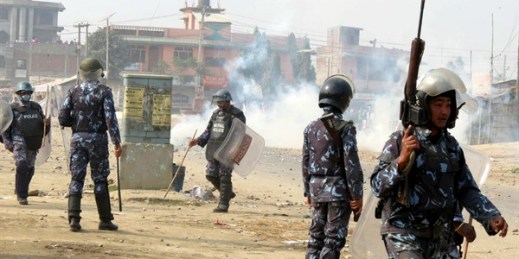
Nepal stands on the brink of an economic crisis, after what it alleges is an India-imposed blockade of its borders for the past three months. Pushing back, Nepali leaders are vowing to work toward economic self-reliance and ease their dependence on India, to the advantage of New Delhi’s rival, China. “Nepal-India relations are at their lowest ebb right now,” says Yubaraj Ghimire, a Kathmandu-based commentator. The blockade of this landlocked nation began on Sept. 23, three days after Nepal officially adopted its new constitution. Critics argue the charter does not give fair political representation to two ethnic groups, the Indian-origin […]

